Did you know that wasting food can cost families €700 per year on average? Not only can reducing food waste save you money on your groceries, but it can save money on your bin charges too! But if you already plan your family’s meals and write out a shopping list, what else can be done to reduce waste and save money?
Well, one great way to reduce waste is to store your food properly and use your freezer to its full potential. Luckily stopfoodwaste.ie has some great tips for understanding use-by dates, safe freezing, and using your freezer effectively.
In a recent survey by the EPA, 54% of respondents reported that reducing food waste was a concern to them, with 3 in 4 people making a list before food shopping, which is a simple but effective way to avoid unnecessary purchases. But what about safely storing the food once you have it?
According to the survey, Use-By dates (68%) and Best-Before (55%) dates are the main reasons people throw out food. Though it’s a positive sign that people actively check food to ensure it’s still safe to eat, a reported 54% of people are misinformed that food must be frozen on the day of purchase.
That’s why the new ‘Eat It or Freeze It’ campaign from stopfoodwaste.ie aims to educate us on how to understand food labelling, and use the freezer most efficiently in order to reduce food waste. Here’s what you need to know:
What can be frozen?
Almost all foods can be frozen except those with a high-water content (lettuce or cucumber may just turn into a soggy mess).
Bread, one of the top foods wasted in Ireland, is very versatile when it comes to freezing as the whole loaf (sliced) can be frozen when you buy it or the last few slices at the end of the bag! It’s also easy to use a slice or two at a time when you need it as toast can be made straight from frozen.
Top tip: Bread thaws to room temperature quickly, so if you are making sandwiches for later, make them with the frozen bread and they will be thawed out by the time you come to eat them.
Fruits are another top food wasted in Irish homes. Freezing is a great way to store fruit which might otherwise go to waste. It’s best to peel, core, and de-seed before freezing. These can then be used for smoothies, or fruit crumbles and desserts.
Top tip: Freeze berries or fruit slices on a tray for 1 hour to stop them clumping together, before transferring them into a freezer bag.
Many vegetables are best frozen after blanching. This includes hardy greens (broccoli, sprouts and green beans), and root vegetables (carrots, parsnips, cauliflower, squash and sweet potatoes). Blanching is a technique that involves exposing foods to boiling water or steam for a short minute or two, then rapidly cooling them to prevent cooking (this is called refreshing). It stops enzymes in the food from activating, kills micro-organisms and improves the colour, texture and nutrients of frozen foods.
Top tip: Veggies like onions and peppers can be diced and frozen pre-chopped, while carrots can be grated and frozen for use in carrot cake etc.
Dairy products can be frozen, but as this may change the texture of items like cream and yoghurt, they are best used for cooking or in smoothies after being defrosted. Remember that liquids expand when frozen, so you may need to use up a little bit of milk from the bottle initially, to make extra space in the container.
Raw meat and seafood from the shop can be frozen, but once de-frosted should never be re-frozen (this includes seafood bought ‘off the ice’ in a fishmonger as it may have defrosted on the way home). Cooked meat is also suitable for freezing. The safest way to thaw meat is in the fridge, so make sure you plan ahead as this takes time!
For more information, check out this A-Z of Foods with invaluable information on buying, storing, freezing and using specific foods!
Know Your Dates
Did you know that you don’t necessarily need to freeze items on the day of purchase? In fact, it’s perfectly fine to freeze food right up to the use-by date to extend its shelf life. Freezing food acts like a pause button allowing food to be eaten at another time. It’s an easy way to stop wasting food before it passes its use-by date.
Love your labels
Freezing is a great way to make food last longer and avoid waste, but this doesn’t mean food won’t go off if you keep it in the freezer forever!
Generally, food can be kept in the freezer for up to 6 months but this depends on the star rating of the appliance. All freezers have a star rating, which you can check in the manufacturer’s handbook or by checking details of your make/model online.
Because of this, it’s important to properly label items with the date of freezing so you know when you need to use it by, to avoid confusion. For products in generic Tupperware or freezer bags, you might also find it useful to label what the food is, so you can easily differentiate between your chicken stock and apple sauce.
Defrost safely
Don’t forget: it’s important to defrost food in a suitable container overnight in the fridge. Once it’s defrosted, it’s best to cook it as soon as possible, especially if it was frozen close-to or on the use-by date.
Don’t refreeze
Defrosted foods should only be refrozen if they have been cooked to above 75°C in between. You should also avoid refreezing items more than once.
Keep your cool
The temperature of your freezer should be approximately -18°C or less.
Have you had a power cut? All is not lost. A freezer full of food will usually keep for about two days if the door is shut, while a half-full freezer will last about one day if the door is shut. If food is partly frozen and still has ice crystals then it should be safe to refreeze or use. However, you should discard food that has been warmer than 5°C for more than two hours.
For more great advice on how to reduce food waste in your home, with tips on meal planning, shopping, safe food storage and cooking, composting and much more, visit stopfoodwaste.ie and follow the EPA’s Stop Food Waste programme on Facebook, Instagram, and Twitter.
This article is proudly sponsored by the Environmental Protection Agency and their Stop Food Waste – Eat It or Freeze It campaign. To find out more, visit stopfoodwaste.ie.
- summer events
- small business
- gut health
- OATLY
- healthy
- Crudo
- top tips
- All Together Now
- fridge cake
- Events Waterford
- me auld flower
- Events Ireland
- food festival
- news
- dublin
- events Dublin
- dublin festival
- Home-Cooking
- food and drink festival
- online cooking course
- festival line-up
- cooking
- Summer festival
- eco-friendly
- Events
- cosy
- Festivals Ireland
- wine
- Body & Soul
- grapes
- music festival
- south africa
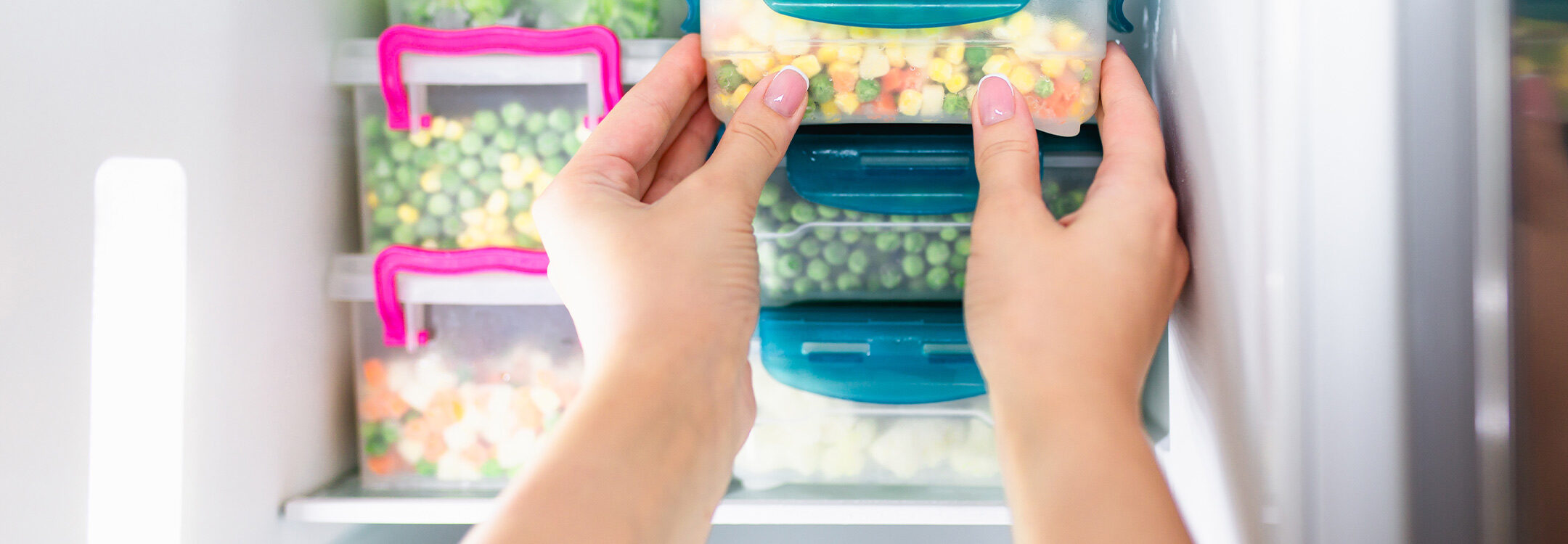
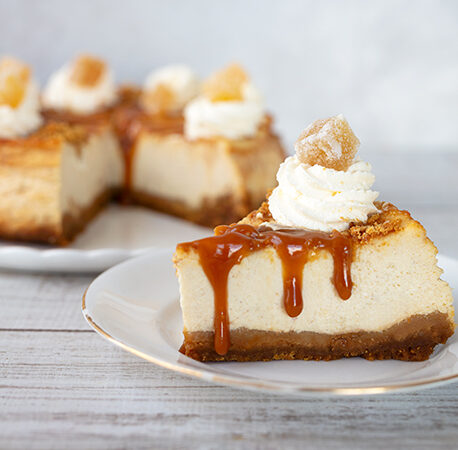
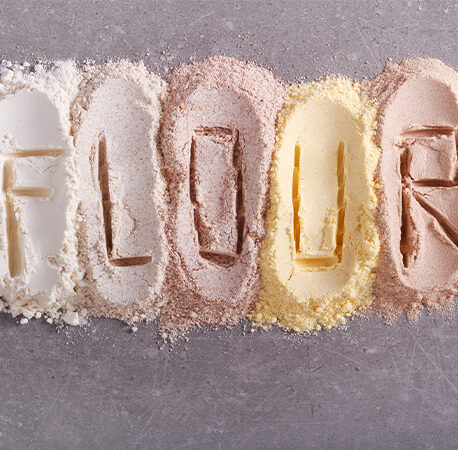
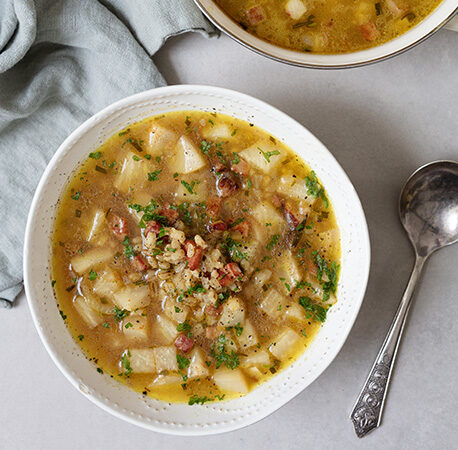
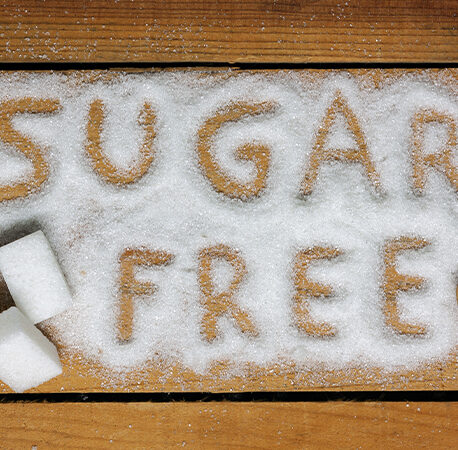
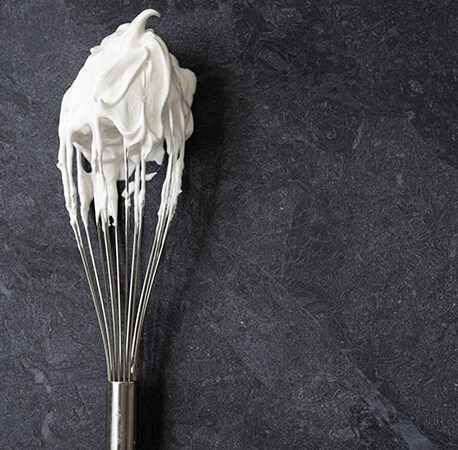
You have to be signed in to comment this post.